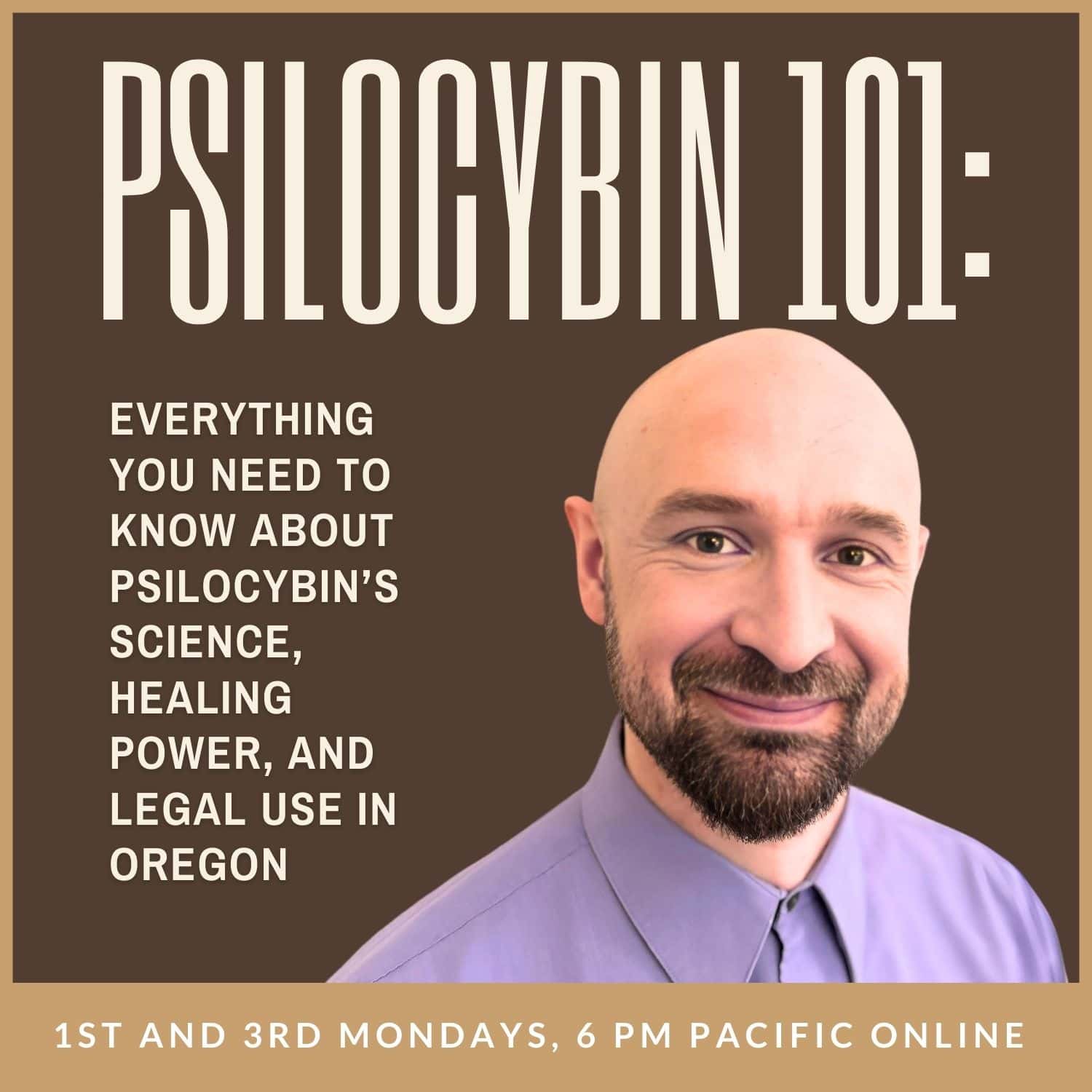Here’s What the FDA Says
As interest in psychedelic therapies continues to rise, a major announcement from the FDA offers fresh optimism for patients and healthcare providers alike. In a recent NewsNation interview, FDA Commissioner Dr. Marty Makary officially labeled psychedelic research a top priority for the agency, signaling a significant shift toward the potential legalization and broader acceptance of psychedelic medicine.
Why is the FDA Prioritizing Psychedelic Research?
Dr. Makary emphasized the importance of swiftly reviewing promising clinical data and underscored the FDA’s commitment to listening carefully to both doctors and patients. Reports have consistently highlighted the life-changing benefits of psychedelics like psilocybin, MDMA, and ibogaine in treating mental health conditions such as depression, anxiety, PTSD, and addiction.
The Impact of the FDA’s Announcement
Faster Clinical Reviews and Reduced Bureaucracy
Dr. Makary assured that the FDA will expedite the review process if clinical trials demonstrate significant benefits, helping psychedelic therapies transition from “fringe” treatments to mainstream medical practices more quickly.
Broad Federal and Bipartisan Support
The FDA is not alone in recognizing the value of psychedelics:
- HHS Secretary Robert F. Kennedy Jr. has criticized the historical reluctance to support psychedelics and advocated for a more progressive stance.
- A bipartisan coalition of veteran-led lawmakers is actively pushing for increased research funding and broader patient access, especially to address PTSD among veterans.
Promising Clinical Breakthroughs
Recent biotech developments further underscore the momentum:
- Beckley Psytech’s intranasal 5-MeO-DMT has shown promising antidepressant effects in clinical trials, highlighting psychedelics’ potential to rapidly alleviate symptoms in treatment-resistant conditions.
- These encouraging results have significantly boosted public and investor interest in psychedelic therapies.
New FDA Guidance Clarifies Path Forward
The FDA has recently released draft guidelines outlining clear standards for psychedelic clinical trials, including safety measures, dosing procedures, and the importance of psychotherapy integration. Stakeholders are invited to provide feedback, shaping the future of psychedelic therapy regulation.
State and Federal Initiatives Accelerating Access
Beyond the FDA, additional support is growing nationwide:
- Texas is investing up to $50 million to research ibogaine as a treatment for addiction and trauma.
- The Department of Veterans Affairs has dedicated resources toward researching psychedelic-assisted therapy for PTSD.
- Advocacy groups, led by veterans and mental health professionals, continue collaborating with researchers to expand safe, regulated access to psychedelic therapies.
Common Questions About Psychedelic Legalization
- Why isn’t it FDA-approved yet? Earlier methodological issues in studies delayed progress. Current trials are addressing these concerns rigorously, moving closer to FDA approval.
- What substances are leading the charge? Psilocybin, MDMA, DMT, and ibogaine are at the forefront, with several already in advanced clinical trial stages.
- When might legalization realistically happen? FDA-approved psychedelic treatments could realistically be available within the next 1–3 years, given ongoing clinical progress and regulatory support.
- Will psychedelics be covered by insurance? Yes certainly, and it’s happening very fast! Some psychedelics are already covered by insurance and 3rd party providers like Enthea, and many groups across the United States are working toward bills and ballot measures that allow these therapies to be reimbursable by insurance. Get on our mailing list to stay informed!
Final Thoughts
While psychedelic therapies are not yet federally legal for widespread use, the direction is clear: with robust clinical success, substantial federal backing, and growing public support, the future of psychedelic medicine appears brighter than ever.


